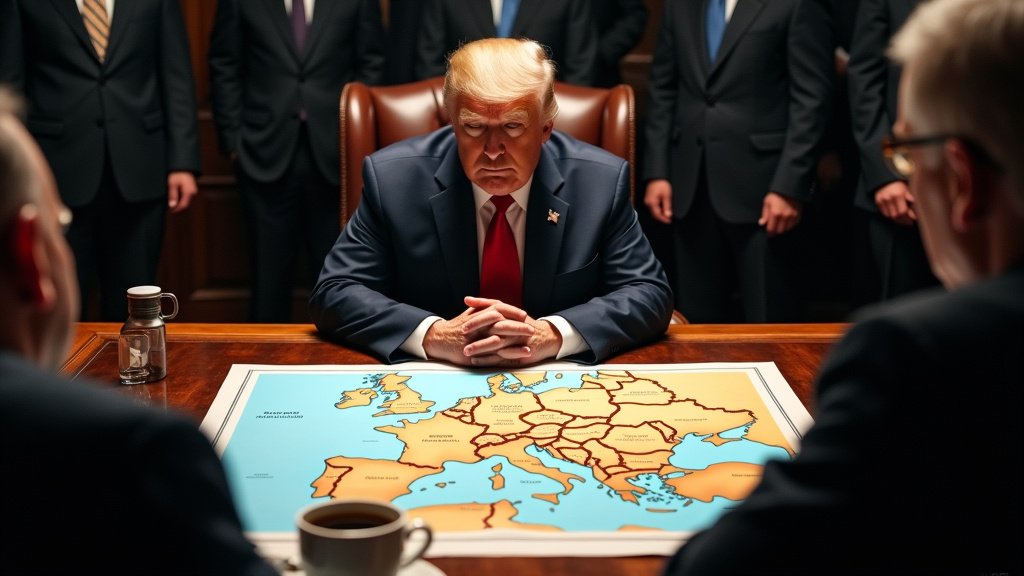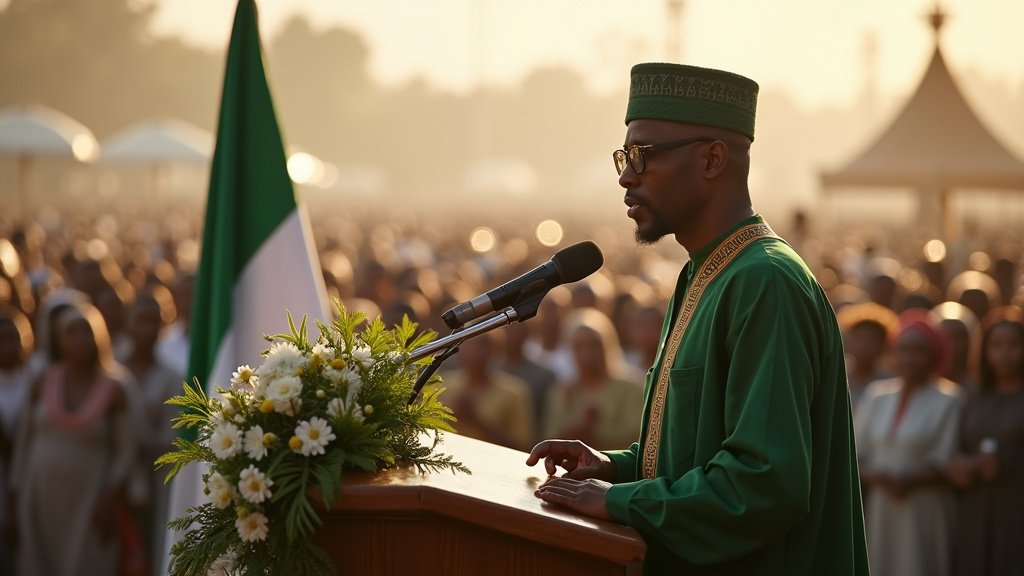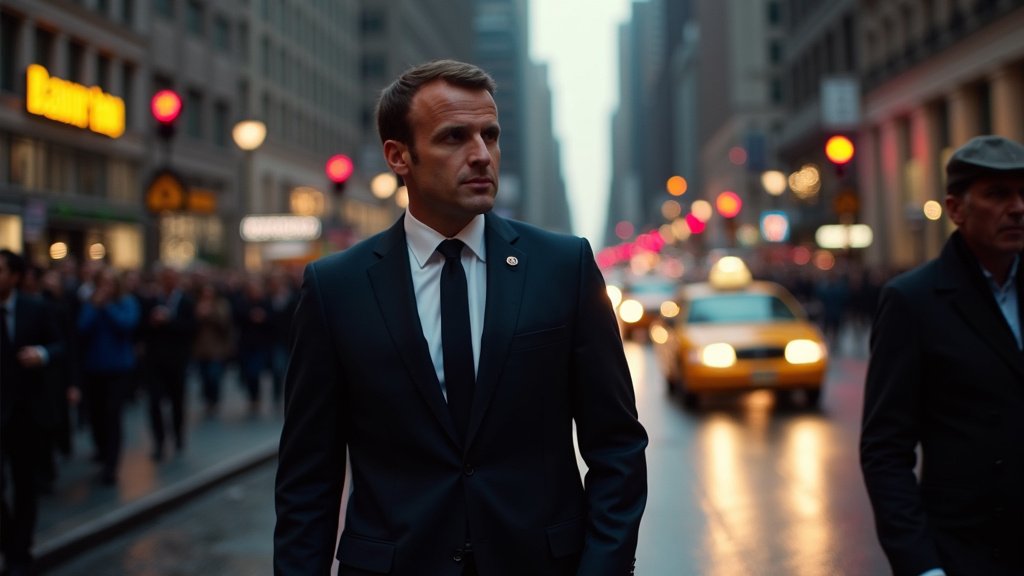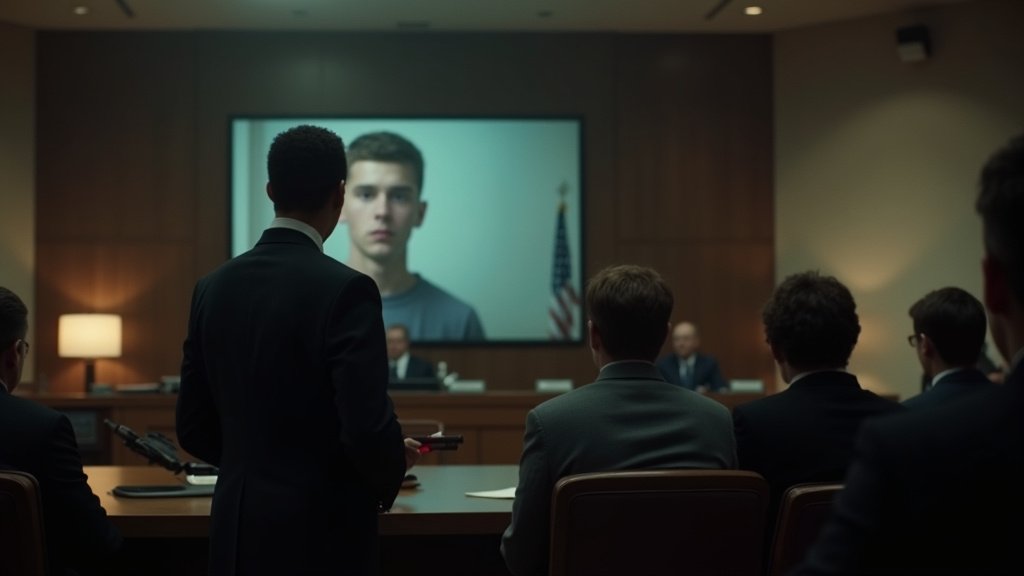Trump Announces High-Level European Delegation Visit to Discuss Russia-Ukraine War
Washington D.C. – In a significant diplomatic development, U.S. President Donald Trump announced Sunday, September 7, 2025, that European leaders are scheduled to visit the United States this week to engage in urgent discussions aimed at resolving the protracted Russia-Ukraine war. The meetings are slated for Monday, September 8, or Tuesday, September 9, signaling a renewed push for de-escalation and a potential path toward peace. This news comes amidst a backdrop of intensified conflict, including a recent, massive Russian air assault on Kyiv and other Ukrainian cities.
President Trump expressed his dissatisfaction with the current state of the Russia-Ukraine war, stating that a resolution is urgently needed. He also indicated that he would be speaking directly with Russian President Vladimir Putin in the near future. While the White House has not yet disclosed the specific names of the European leaders who will be attending, the announcement points to a high-level delegation from across the continent.
Escalation in the Russia-Ukraine Conflict
The impending visit follows a particularly brutal escalation of hostilities. On Sunday, September 7, 2025, Russia launched its largest aerial assault of the war to date, deploying over 800 drones and missiles across Ukraine. The attacks hit numerous cities, including Kyiv, Odesa, and Kremenchuk, causing civilian casualties and damaging critical infrastructure. Notably, for the first time since the full-scale invasion began in February 2022, a key Ukrainian government building in Kyiv – the Cabinet of Ministers – sustained damage. This severe assault resulted in multiple deaths, including an infant, and injuries to dozens more, underscoring the dire humanitarian situation and the urgent need for diplomatic intervention.
Trump’s Diplomatic Push
President Trump has consistently advocated for a swift resolution to the Russia-Ukraine conflict, often highlighting his ability to broker deals during his previous term. Recent reports suggest that Trump’s administration has been engaging with European leaders and Ukrainian President Volodymyr Zelenskyy on security guarantees for Ukraine post-ceasefire. Earlier in the week, European leaders, including French President Emmanuel Macron and British Prime Minister Keir Starmer, met in Paris with Ukrainian President Volodymyr Zelenskyy and U.S. envoy Steve Witkoff to discuss peace efforts. President Trump also joined this discussion virtually, emphasizing to the coalition that European nations should cease purchasing Russian oil, which he contends funds the war effort, and should exert economic pressure on China for its alleged support of Russia’s war.
While Trump has previously claimed he could end the war in 24 hours, he has more recently described the conflict as “probably the most difficult” foreign policy challenge of his administration, acknowledging that a swift resolution has proven elusive. Despite these challenges, his commitment to pursuing a peace agreement remains steadfast.
European Leaders’ Stance and Security Guarantees
European nations have been actively involved in developing security frameworks for Ukraine in the event of a ceasefire. Following meetings in Paris, approximately 26 countries have pledged to provide security guarantees, which could include deploying a “reassurance force” in Ukraine. The U.S. has indicated a willingness to provide support, potentially including airpower, intelligence, surveillance, and reconnaissance capabilities, though it has ruled out deploying American ground troops.
The impending visit of European leaders to Washington signifies a concerted effort to align strategies and potentially present a unified front to both Kyiv and Moscow. The discussions are expected to cover not only immediate de-escalation but also long-term security arrangements for Ukraine. The timing of these talks, following a significant escalation in attacks, adds urgency to the diplomatic agenda, making this a trending topic in international news.
Broader Context and Future Outlook
The Russia-Ukraine war, which began in 2014 and escalated into a full-scale invasion in February 2022, has had devastating consequences, displacing millions and causing widespread destruction. Diplomatic efforts have faced considerable hurdles, with significant disagreements persisting between Russia and Ukraine regarding territorial integrity, security guarantees, and future alliances.
President Trump’s initiative to convene European leaders underscores the critical role of international cooperation in addressing the ongoing crisis. The success of these upcoming discussions will be closely watched, as they could shape the immediate future of the conflict and the broader geopolitical landscape. The world is looking to these meetings for news of a potential breakthrough in ending the war.





